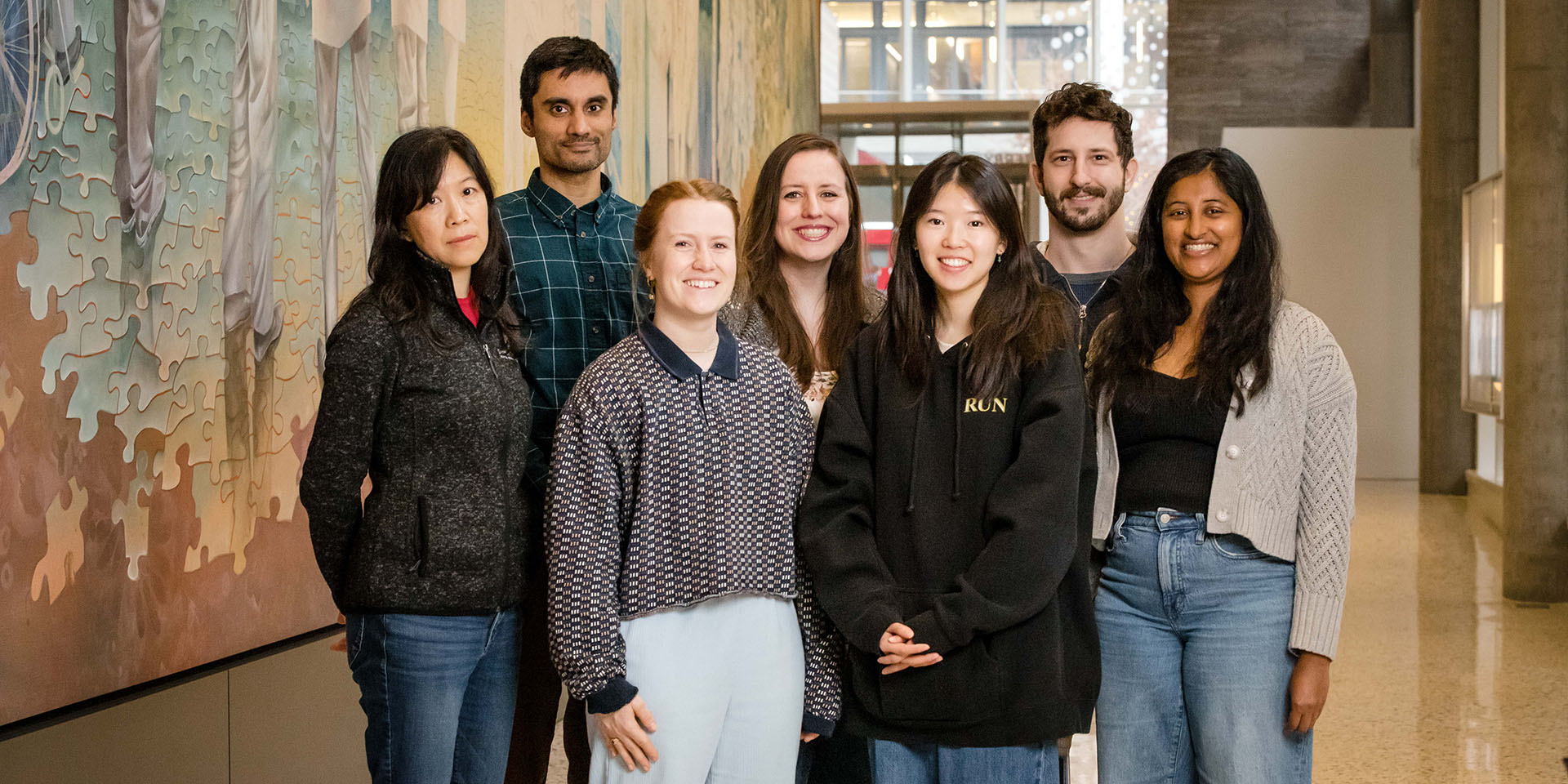
Sarthy Lab
We are exploring the epigenetics of pediatric leukemias and lymphomas to gain insight into how and why these cancers start, in hopes of ultimately finding better treatments. Led by Dr. Jay Sarthy, this work could shed light on why some cancers are resistant to treatment or come back after treatment. The Sarthy Lab is also examining a chemotherapy drug often used in Asia to treat elderly cancer patients to see if it could become a frontline treatment for pediatric cancers. This drug could have fewer side effects than today’s standard treatments.
Reducing Chemotherapy Drug Toxicity
More children than ever are surviving cancer, but many of them live with long-term side effects of treatment including heart problems, infertility, and secondary cancers.
At the Sarthy Lab, we are examining whether a chemotherapy drug called aclarubicin might be effective against pediatric lymphomas and other childhood cancers while resulting in fewer side effects than the current standard of care. This therapy is commonly used in Asia to treat elderly cancer patients. It is often given to people who have heart problems because they are unable to tolerate more toxic chemotherapy drugs. If this therapy proves effective in children, it could be quickly implemented as a new treatment option because it has already been widely used and proven safe in other countries.
Long Read Sequencing
The Sarthy Lab is working to understand if specific epigenetic profiles make certain cancers particularly deadly. Our research team is examining the epigenome in samples from patients and model organisms with high-risk leukemia, sarcoma, and pediatric and adult glioblastoma.
The goal is to understand common features and differences that make certain cancers unique or particularly difficult to treat. Fiber-seq maps the architecture of individual chromatin fibers at single-molecule resolution. This provides insight into chromatin accessibility, nucleosome positioning, and transcription factor occupancy along extended DNA sequences.
Our lab is utilizing this assay on patient samples to gain a better understanding of pediatric cancers and their epigenetic changes
Uncovering the Mechanism Between Chromatin Remodeling Complexes and Oncofusion Proteins in Pediatric Leukemia
The Sarthy Lab is investigating the role of chromosomal inversions that result in the formation of oncoproteins, specifically their connection to chromatin remodeling complexes in the development of lethal pediatric acute myeloid leukemias (AML).
These chromosomal rearrangements can disrupt normal cellular processes and contribute to leukemia progression. By understanding how chromatin remodeling complexes interact with these oncoproteins, we aim to uncover potential therapeutic targets.
This research could lead to the identification of drug combinations that exhibit cooperative effects, offering novel and more effective treatment strategies for pediatric AML.
Epigenetic Profiling Through Proteomic Analysis
In collaboration with local biotech Talus Bioscience, the Sarthy Lab is combining cutting edge proteomic technologies with epigenetic profiling to gain a wholistic understanding of how chemotherapeutic drugs impact cancer cells. Talus Bioscience’s MARMOT platform enables us to detect global changes to chromatin-bound proteins (i.e. transcription factors; epigenetic writers, readers, and erasers; chromatin remodelers, and more) without limiting discovery by requiring preselected targets of interest. We then apply a suite of –omic technologies, including CUT&Tag/CUT&RUN, ATAC-seq, transcriptomics, and CRISPR-based chemo-genomic screens to gain insight into how cells are affected by chemotherapeutic treatment across the entire biological system.
Currently, we are applying these technologies to better understand how the DNA and/or chromatin damaging properties of anthracycline derivatives kill cancer. Leveraging the comprehensiveness of our approach, we are also comparing mechanisms across anthracyclines to determine how they can be best used in the clinic, especially in combination with other drugs that may have enhanced efficacy when used together.
Partnership Opportunities
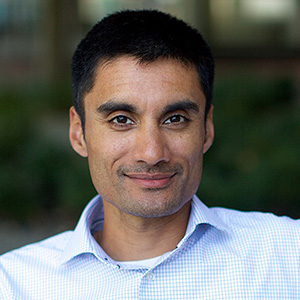
Jay F Sarthy, MD, PhD
Dr. Sarthy is an attending physician in Seattle Children’s Bone Marrow Transplantation unit. He has also continued his basic biology research at Seattle Children's, focusing on epigenetics of pediatric cancers and identifying less toxic pediatric cancer treatments. In his spare time, Dr. Sarthy enjoys spending time with his family. He also enjoys hiking, skiing, kayaking and listening to classic country music.
-
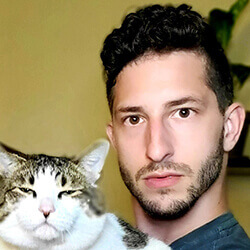
Gabe Boyle
Postdoc
Gabe received his BS in neuroscience from Ohio State University in 2016 and his PhD in molecular and cellular biology from the University of Washington in 2023. His doctoral research in Dr. Doug Fowler's lab focused on understanding heterogeneous drug response amongst people and between cell subpopulations. In his current role, he is interested in employing high-throughput methods in genomics, epigenomics and proteomics to study how chemotherapeutics kill cancer cells. By broadening our understanding of drug activity, both anti-cancer and off-target, we can make sure patients are receiving the best treatments for their particular biology. In his free time, Gabe enjoys Brazilian jiu-jitsu; physical therapy to recover from Brazilian jiu-jitsu injuries; and searching for Mothman with his World of Warcraft guild, Mothman Search Team.
-
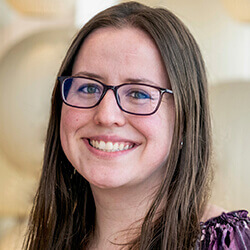
Morgan Merrill
Research Scientist
Morgan studied retina development during her undergraduate program. After moving to Seattle, she joined Jim Olson’s lab, where her work focused on protein therapeutics in brain tumors. Morgan is passionate about doing rigorous science that will provide a strong backbone for therapeutic agents brought forward to clinical trial. Morgan loves games of all kinds, from cards to computers. She reads stories about space exploration and overcoming dragons. She spends her free time making things, whether that is baking or looping up knots in yarn.
-
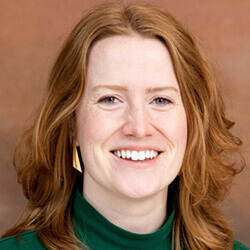
Jenna Rosinski
Research Scientist
Jenna earned her BS in microbiology from the University of Wisconsin, Madison, in 2020. She then spent four years in the David O’Connor Lab, where she researched the effects of Zika virus infection during pregnancy and explored potential therapeutics. Additionally, she conducted routine metagenomic viral surveillance of the community. In her current role, Jenna continues to unravel the complexities of diseases, such as cancer, through the study of epigenetics. Her other passions include birds, hiking, exploring tide pools, playing Dungeons and Dragons and spending time with her cat, Turnip.
-
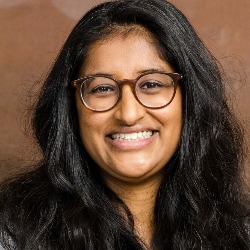
Harini Sadeeshkumar
Postdoc
Harini Sadeeshkumar received her BS in bioengineering from the University of California, Berkeley, and her PhD in the department of Molecular, Cellular and Developmental Biology at Yale University. Her graduate research in Dr. Ron Breaker’s lab focused on the discovery and applications of non-coding gene regulatory RNAs called riboswitches. Following her doctorate, she was passionate about applying her background in RNA biology towards the development of new therapeutics and worked as a scientist at an RNA therapeutics biotech startup. As an Invent Fellow at Children’s, Harini hopes to expand her expertise to include cancer epigenetics and work towards furthering cancer therapies to the clinic. In her free time she enjoys outdoor activities such as hiking and skiing, tennis, and reading novels.
-
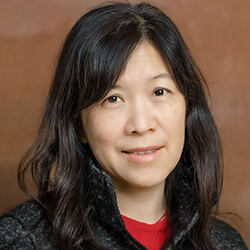
Chao-Jen Wong
Bioinformatician
Chao-Jen received her BA from California State University, Fullerton, and her PhD in applied mathematics from Claremont Graduate University. She began her career in genomic science at the Fred Hutch Cancer Center and joined the Sarthy Lab in late October 2023. Her prior work experience included building infrastructure for Bioconductor Core, conducting computational research on facioscapulohumeral muscular dystrophy (FSHD) and developing software. She enjoys coding and solving mathematical problems on paper. Her other interests include rowing, biking, bodyweight training and walking her dog and children.
-
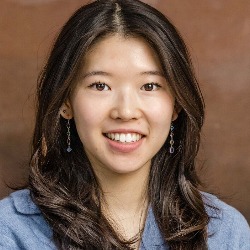
Lara Yao
Research Scientist
Lara is a recent graduate of the University of Washington, where she received her BS in neuroscience. In her undergraduate lab, she researched the cGAS-STING pathway and the underlying mechanisms that dictate a cell death or interferon response upon STING activation. In her current role, Lara is assisting with ongoing research to better understand the epigenetics of pediatric cancers. Outside of work, Lara enjoys doing pottery, collecting blind boxes and playing with her cat, Jiji.
